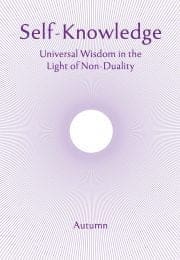The Greatest Freedom of All
Let us remind ourselves of life’s supreme possibility—that of freeing our mind from fear, doubt, sorrow and frustration, and awakening to the greatest freedom of all—the freedom of enlightenment.
Nowadays, we may think of freedom as a feature of a civilised and benevolent society. Sadly, we are all too aware that many societies do not fall into this category. We want freedom for all and rightly feel that slavery is abhorrent. But is the outer freedom we enjoy an end in itself? Our physical freedom paves the way to a deeper freedom—freedom of the mind and the intellect. For we are allowed to think freely, to be creative, to exchange ideas, to disagree, and generally to share knowledge and skills.
Even this freedom of thought is not an end in itself. Our thought does not always express itself in ways that are open, liberating and agreeable. Like the biblical hero Samson, in the poem by Milton, we may be able to find rest for the body, but none for the mind,
From restless thoughts, that, like a deadly swarm
Of hornets armed, no sooner found alone
But rush upon me thronging...
True freedom must include the ability to free ourselves from unwanted and troublesome thoughts. We could even say that thought is in quest of something which is more than thought. All our efforts are reaching for something that in the end will liberate us from effort.
The highest wisdom of mankind teaches the way to inner freedom. Inner freedom is something more than free-thinking. It is a knowledge of the innermost being and consciousness that is the source of our thought, the ground of our being, the power behind our mind. It is not freedom for the mind but in a certain sense, freedom from the mind.
Subscribe or enrol for free guest access to read all of this article and Self-Knowledge online.
Already subscribed or enrolled? Log in:


